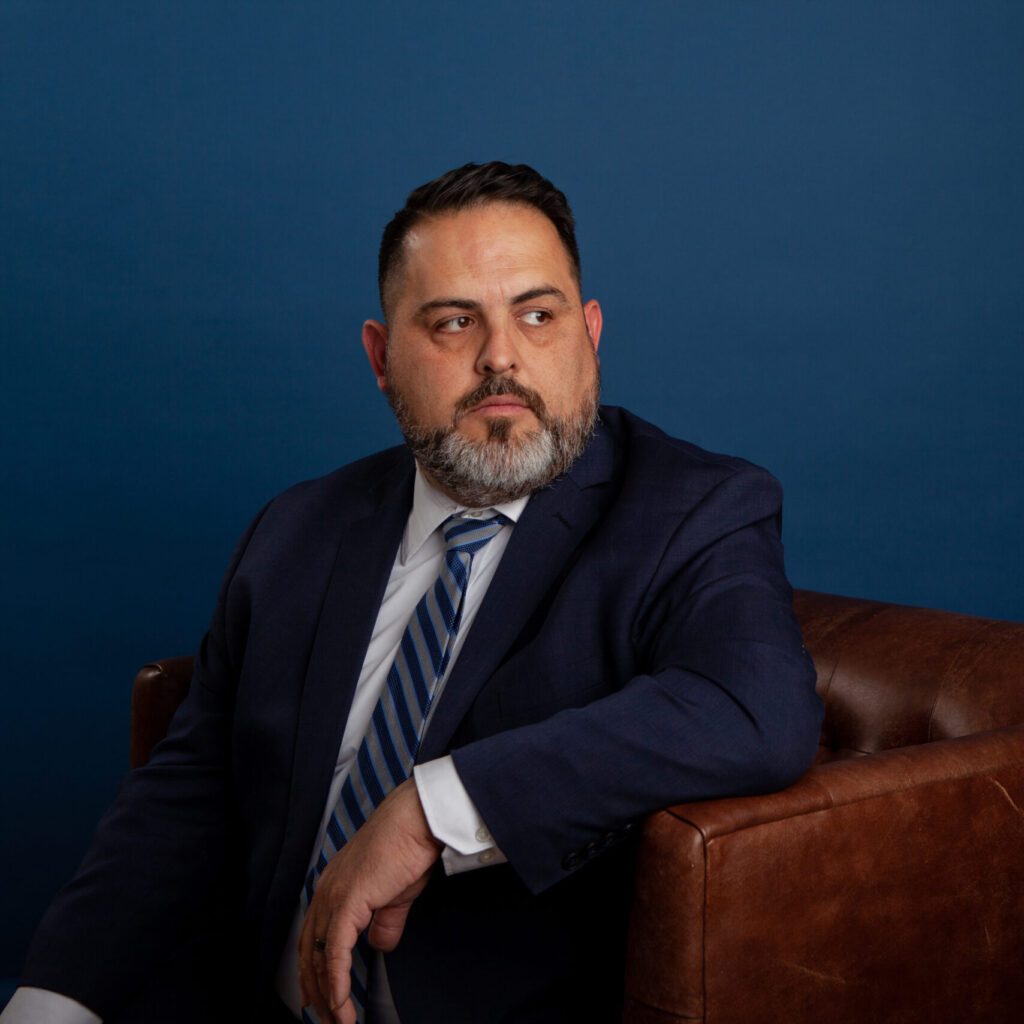By Chris Faddis
March 20, 2024
Catching Ethical Issues
In times of medical crisis, it’s exceptionally difficult to monitor or predict every possible outcome of our own decisions, let alone those of our medical provider. Hefty bills, complex treatment plans, and concern for our loved ones take up our limited mental space, often preventing patients from advocating for their needs and their moral convictions. At the same time, it’s increasingly common for medical providers to prescribe procedures that violate the consciences of their patients who oppose treatments such as abortion and assisted suicide based on faith. Fortunately, it is still possible to ensure that patients’ medical needs will be met and their beliefs respected by their doctor by catching ethical issues ahead of time.
Although not all take the time to do so, health sharing ministries are in a unique position to identify and halt objectionable procedures by screening pre-notification forms and medical bill codes before they happen. Many families are unaware that their physicians’ treatment plans diverge from their own values. But screening for unethical treatments ensures that vulnerable patients do not unwittingly pursue a life-ending procedure when a life-affirming one is available or pay for something which goes against their consciences.
One of the most heartbreaking examples is when pregnant women are pushed by their providers to make the irreversible decision to abort their children even if an alternative path is available.
Being Proactive Makes a Difference
We at Solidarity HealthShare have witnessed this phenomenon firsthand. One of our Members, a mother expecting twins, learned that one twin was much smaller than the other because of insufficient nourishment. Without quick action, her doctor told her both children would die. The doctor recommended separating the twins’ amniotic sac. If the smaller twin’s health did not improve within a very short timeframe, the doctor would perform an umbilical cord occlusion on the smaller twin – a procedure which would result in ending the smaller child’s life but saving the larger child. The mother was offered only one option: to take action that would potentially end the life of one of her children to save the life of the other.
Fortunately, when the doctor’s plan for an abortive umbilical cord occlusion came through in prenotification paperwork, we were able to catch it through our painstaking review process and identify it as a life-ending procedure that Solidarity and its Members do not reimburse. We notified the twins’ parents who were unaware of what the occlusion would entail and that there were other, better options. Empowered by this information, they chose not to move forward with the occlusion and ultimately the parents welcomed, not just one, but two healthy twins into their loving arms.
Solidarity Continues to Advocate for Members
Since our inception, Solidarity has intercepted many unethical procedures and medications by developing systems and taking the time to review complex pre-notifications from providers who failed to explain the implications or consequences of what they were prescribing. Taking the time to dissect pre-notifications and medial codes can slow down the processing of medical bills but it allows us to fulfill our mission to deliver care to our Members free of ethical issues.
Like the twins’ parents, we all hope – and frequently expect – that our medical providers are just as committed to life-affirming care and excellence as we are. But ethical treatment is never a guarantee in healthcare, especially in emergency situations. We must each take ownership over our own health to ensure that we receive excellent, ethical and healing care in today’s complex – and often anti-faith – medical landscape.

Chris Faddis is president of Solidarity HealthShare, a healthcare sharing ministry guided by the moral teachings of the Catholic Church that negotiates directly with providers to ensure delivery of high-quality and affordable, life-affirming healthcare for the more than 46,000 Members it has served since 2016.

